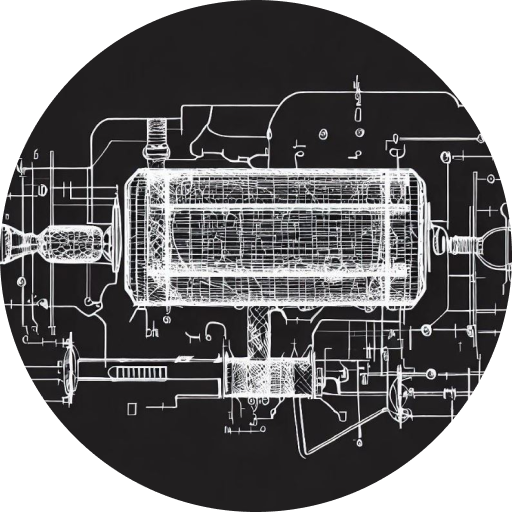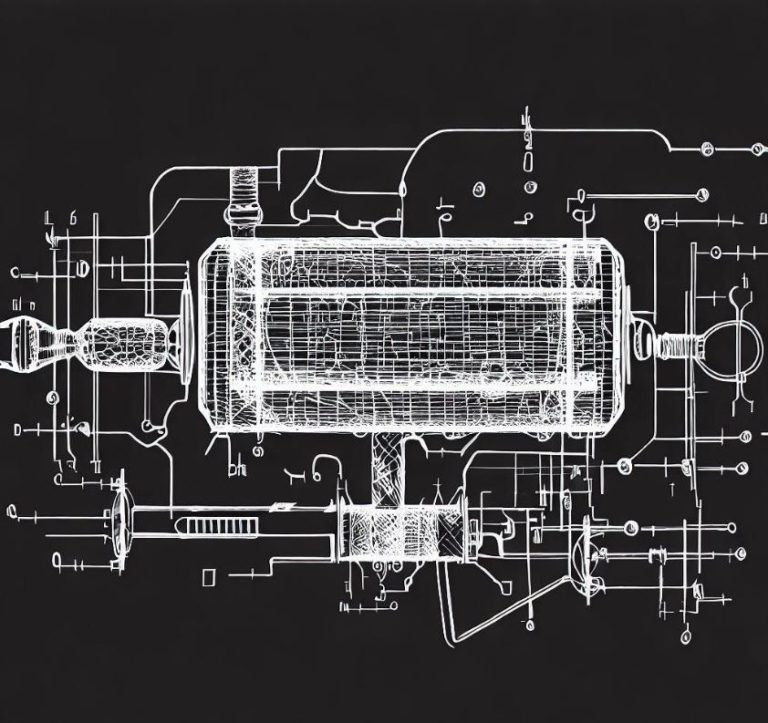The Noise of a Car Without a Catalytic Converter: A Sound Comparison
In this article, we will explore the noise produced by a car without a catalytic converter and compare it to a car with a properly functioning catalytic converter. The catalytic converter is an essential component of a vehicle’s exhaust system, responsible for reducing harmful emissions. When a car operates without a catalytic converter, it can result in distinct changes in the sound produced by the exhaust system. We will examine these differences and provide a sound comparison to help you understand the impact of a missing or malfunctioning catalytic converter on your vehicle’s noise level.
Understanding the Catalytic Converter
Before we dive into the noise comparison, let’s briefly review the role of the catalytic converter. The catalytic converter is designed to reduce harmful pollutants in the exhaust gases produced by the engine. It contains a catalyst that facilitates chemical reactions, converting carbon monoxide, nitrogen oxides, and hydrocarbons into less harmful substances. This process helps minimize the environmental impact of vehicle emissions.
The Impact of a Missing or Malfunctioning Catalytic Converter
When a car operates without a catalytic converter, or if the catalytic converter is not functioning properly, several changes in sound may occur. Here are the key factors to consider:
Louder Exhaust Noise: One noticeable difference is an increase in exhaust noise. Without the catalytic converter’s sound-dampening effect, the exhaust gases can flow more freely, resulting in a louder and more aggressive exhaust note. The noise level can vary depending on the vehicle’s make, model, and engine configuration.
Increased Engine Roar: A missing or malfunctioning catalytic converter can also lead to an overall increase in engine noise. The absence of the converter’s noise-reducing properties allows engine sounds to be more pronounced, resulting in a louder engine roar during acceleration and high RPMs.
Comparison: Car with Catalytic Converter vs. Car without Catalytic Converter
To better understand the sound differences, let’s compare the noise produced by a car with a properly functioning catalytic converter to that of a car without a catalytic converter. Please note that the actual sound levels and characteristics can vary depending on various factors, including the vehicle’s specifications and modifications.
Car with Catalytic Converter:
When a car has a properly functioning catalytic converter, the exhaust noise is typically more subdued and muffled. The catalytic converter acts as a sound barrier, reducing the harshness of the exhaust note. The engine noise is generally more balanced, and the overall sound is relatively quiet.
Car without Catalytic Converter:
In contrast, a car without a catalytic converter produces a more aggressive and raw exhaust sound. The absence of the converter allows for less restriction in the exhaust system, resulting in a louder and more pronounced exhaust noise. The engine noise is also more prominent, contributing to an overall louder driving experience.
Sub-Topics and Other Questions People Ask
Here are some additional sub-topics and frequently asked questions related to the noise of a car without a catalytic converter:
Does removing the catalytic converter make a car louder?
How does a straight pipe exhaust affect the sound of a car?
What are the legal implications of driving a car without a catalytic converter?
Can the noise of a car without a catalytic converter attract unwanted attention?
For detailed information on these topics, we recommend reading the articles “What Does a Car Sound Like Without a Catalytic Converter?” and “Driving with a Bad Catalytic Converter: The Consequences“.
Conclusion
Operating a car without a catalytic converter can result in a noticeable increase in exhaust noise and engine sound. The absence of the catalytic converter’s noise-reducing properties allows for a louder and more aggressive exhaust note. However, it is essential to note that removing or tampering with the catalytic converter is illegal in many jurisdictions and can have serious environmental consequences.
If you suspect an issue with your catalytic converter or have concerns about the noise of your vehicle, it is advisable to consult a qualified mechanic. They can diagnose any problems and recommend appropriate solutions to ensure your vehicle operates safely, efficiently, and within legal requirements.
For more information on catalytic converters and related topics, we recommend reading the articles “The Noise of a Car Without a Catalytic Converter: A Sound Comparison” and “Driving with a Bad Catalytic Converter: The Consequences“.
- Upgrade Your Honda Accord with the Best Catalytic Converter for Enhanced Performance - October 30, 2023
- Boost Your Chrysler 300’s Performance with a High-Quality Catalytic Converter - October 30, 2023
- Enhance Your Jeep Liberty Performance with a Catalytic Converter - October 30, 2023









